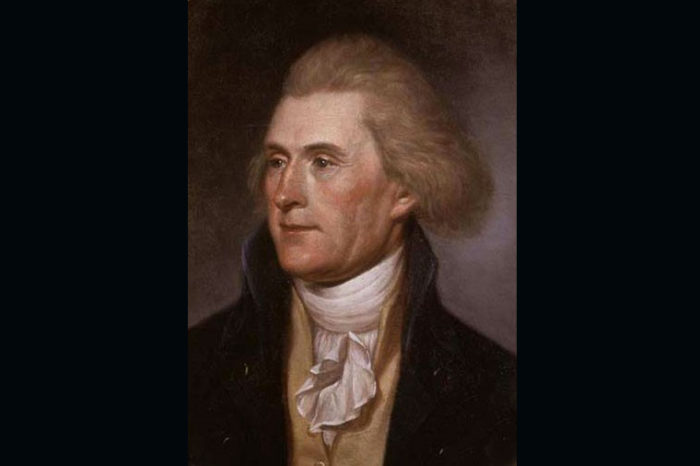Op-ed: Time is right to study Jefferson in our schools
/0 Comments/in Featured, News, Oped: US History, US History /by Jamie GassBy Jamie Gass and Will Fitzhugh
“Students of reading, writing, and common arithmetick . . . Graecian, Roman, English, and American history . . .,” Thomas Jefferson advised about democratic education, “should be able to guard the sacred deposit of the rights and liberties of their fellow citizens.”
Friday marks the 275th anniversary of Jefferson’s birthday. Given his world-changing achievements, this milestone is worthy of recognizing — and of being taught in our public schools. His contributions to the American civilization are incalculable; he was a revolutionary, statesman, diplomat, man-of-letters, scientist, architect, and apostle of liberty.
Rather than forcing a titan like Jefferson to conform to our era’s often Lilliputian-style narcissism, we should study history by entering the past with imagination and humility.
In drafting the Declaration of Independence, the most elegant and universally quoted political document in history, Jefferson displayed his greatest talents. He powerfully combined literary language and self-evident truths to shape the legal and political future of the United States.
Read more of this op-ed in your favorite news outlet: The Standard Times of New Bedford, The Berkshire Eagle, The Salem News, The MetroWest Daily News, The Providence Journal, and Gloucester Times, and The Daily Caller.
Get Updates On Our US History Initiative
Related Posts:

Civil Rights Leader Bob Woodson on 1776 Unites & Race in America

Mariam Memarsadeghi on Freeing Iran, Civic Ed, & Immigrant Portraits
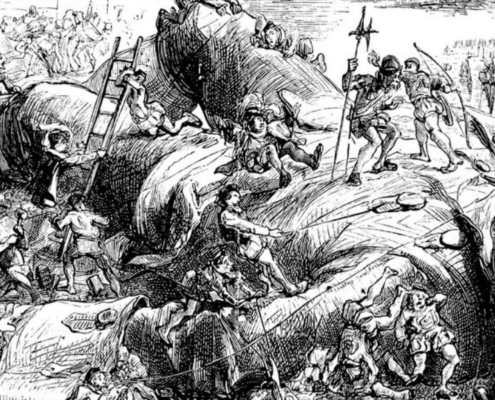
Elevating Liberal Democracy Above Fragmentation – 30 Resources for Citizens and Schools
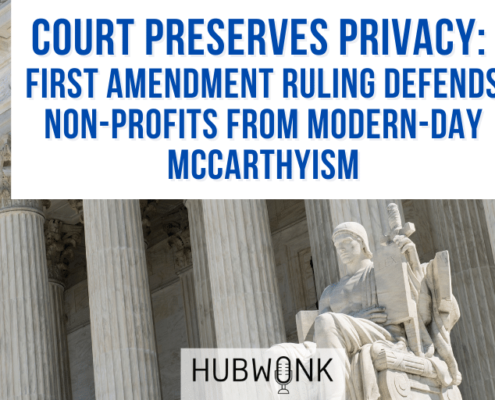
Court Preserves Privacy: First Amendment Ruling Defends Non-Profits From Modern-Day McCarthyism
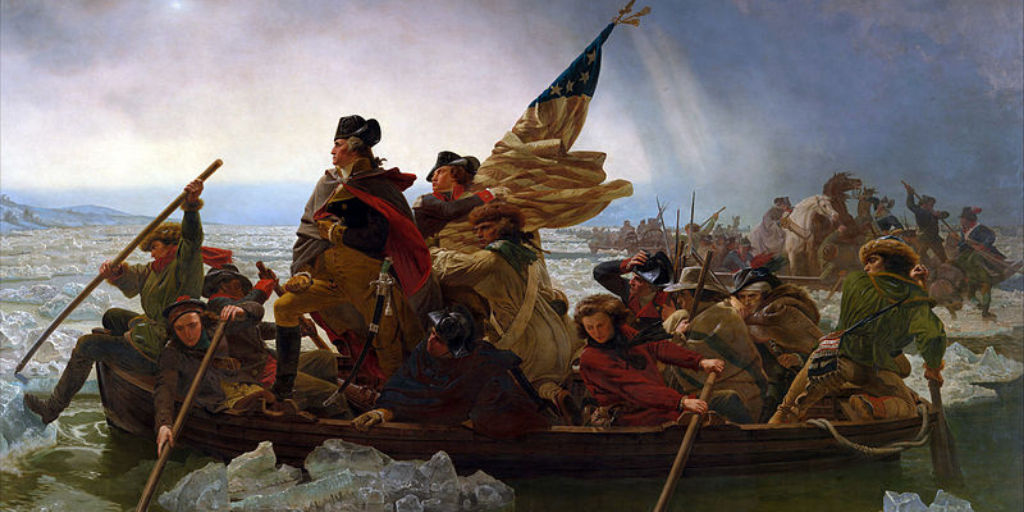
Celebrating American Independence! – 50 Resources on America’s Founding for Schoolchildren & Citizens

Pulitzer Prize-Winning Prof. David Hackett Fischer on Paul Revere, George Washington, & American Independence
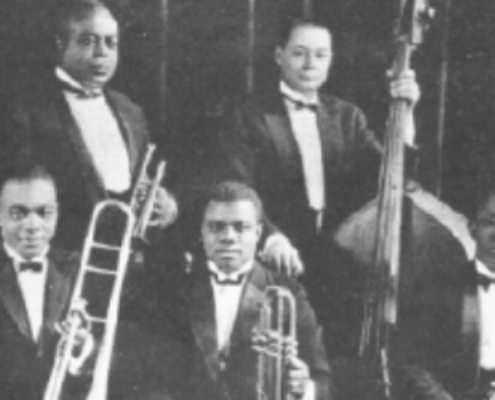
“The Jazz Age” – 1920s America – 50 Resources for High School Students

New York Times Best Seller Paul Reid on Winston Churchill, WWII, & the Cold War
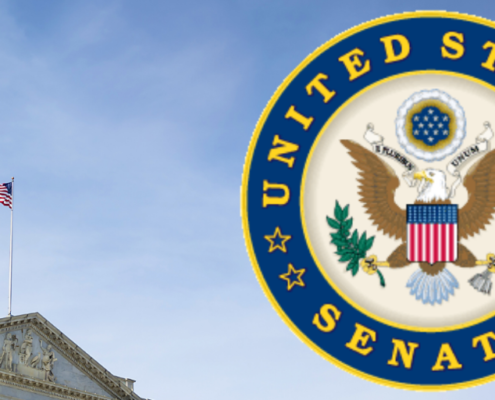
“Ballast for the Ship of State” – The U.S. Senate – 40 Resources for High School Students

BU’s Dr. Farouk El-Baz on NASA’s Moon Landing, Remote Sensing, & STEM

Law Prof. Melvin Urofsky on Justice Louis Brandeis, the SCOTUS, & Dissenting Opinions

Stanford’s National Humanities Medal Winner Prof. Arnold Rampersad on Langston Hughes & Ralph Ellison

Dartmouth’s Prof. Susannah Heschel Discusses Rabbi Abraham Joshua Heschel & the Civil Rights Movement

Best-Selling, Netflix Author Loung Ung On Surviving Pol Pot’s Killing Fields


